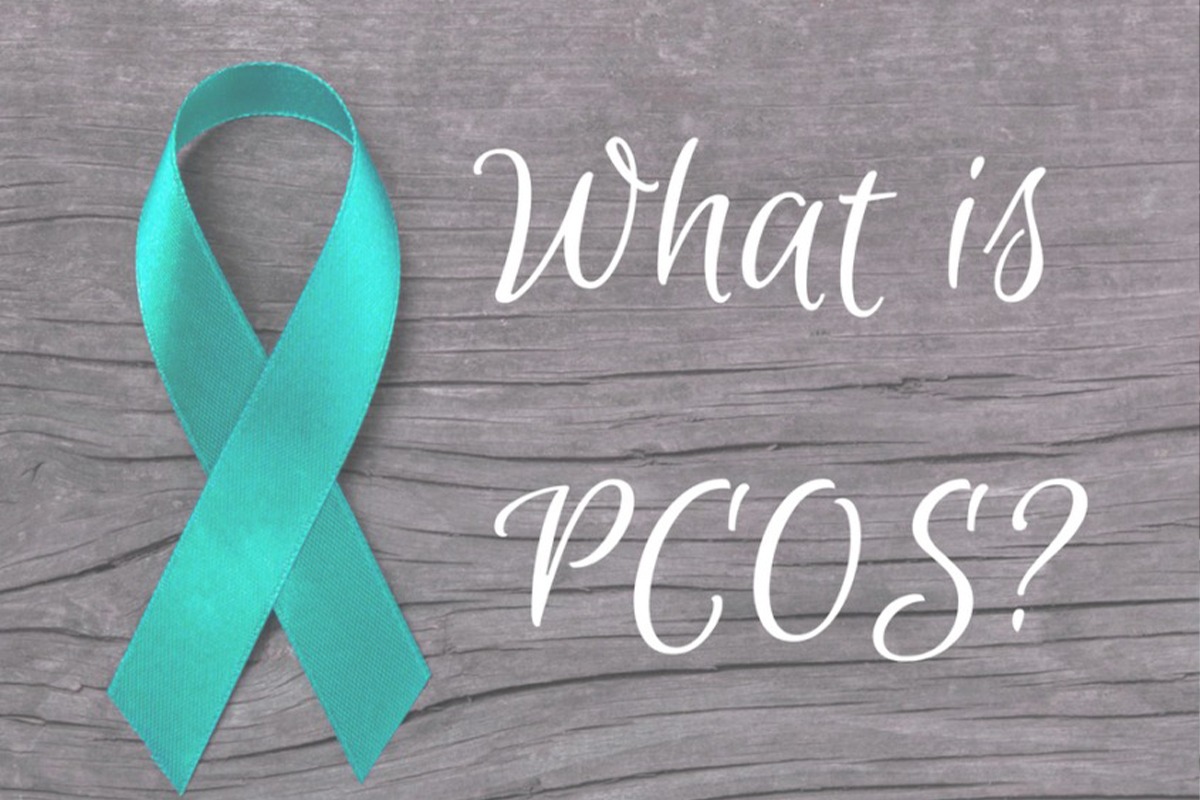September is observed as the PCOS awareness month to raise awareness about the hormonal disorder among women of reproductive age, which affects every one in 10 women worldwide.
According to the World Health Organisation (WHO), up to 70 per cent of affected women from PCOS remain undiagnosed due to lack of awareness about this condition.
How PCOS affects women?
Polycystic ovary syndrome (PCOS) usually starts during adolescence, but symptoms may fluctuate over time.
PCOS can cause hormonal imbalances, irregular periods, excess androgen levels and cysts in the ovaries. Irregular periods, usually with a lack of ovulation, can make it difficult to become pregnant. PCOS is a leading cause of infertility.
Symptoms
The symptoms of PCOS can differ from person to person. However, there are some common symptoms such as:
Heavy, long, intermittent, unpredictable or absent periods
Infertility
Acne or oily skin
Excessive hair on the face or body
Male-pattern baldness or hair thinning
Weight gain, especially around the belly
Since weight gain is quite a common symptom of PCOS, it also creates body image issues among adolescents which further leads to anxiety and depression. Symptoms like infertility, obesity and unwanted hair growth can lead to social stigma which also disturbs other aspects of life such as family, relationships, work and involvement in the community.
How to diagnose PCOS at early stage?
Polycystic ovary syndrome is diagnosed by the presence of at least two out of the following:
Signs or symptoms of high androgens, which causes unwanted facial or bodily hair, loss of hair from the head, acne or an elevated blood level of testosterone
Irregular or absent menstrual periods
Polycystic ovaries on an ultrasound scan
Treatment
PCOS cannot be treated permanently, but proper medication and lifestyle changes can certainly improve the conditions. People should seek the advice of a healthcare professional.
Treatments for infertility due to PCOS include lifestyle changes, medicines or surgery to stimulate regular ovulation. In-vitro fertilization (IVF) may be used but it has some risks.










